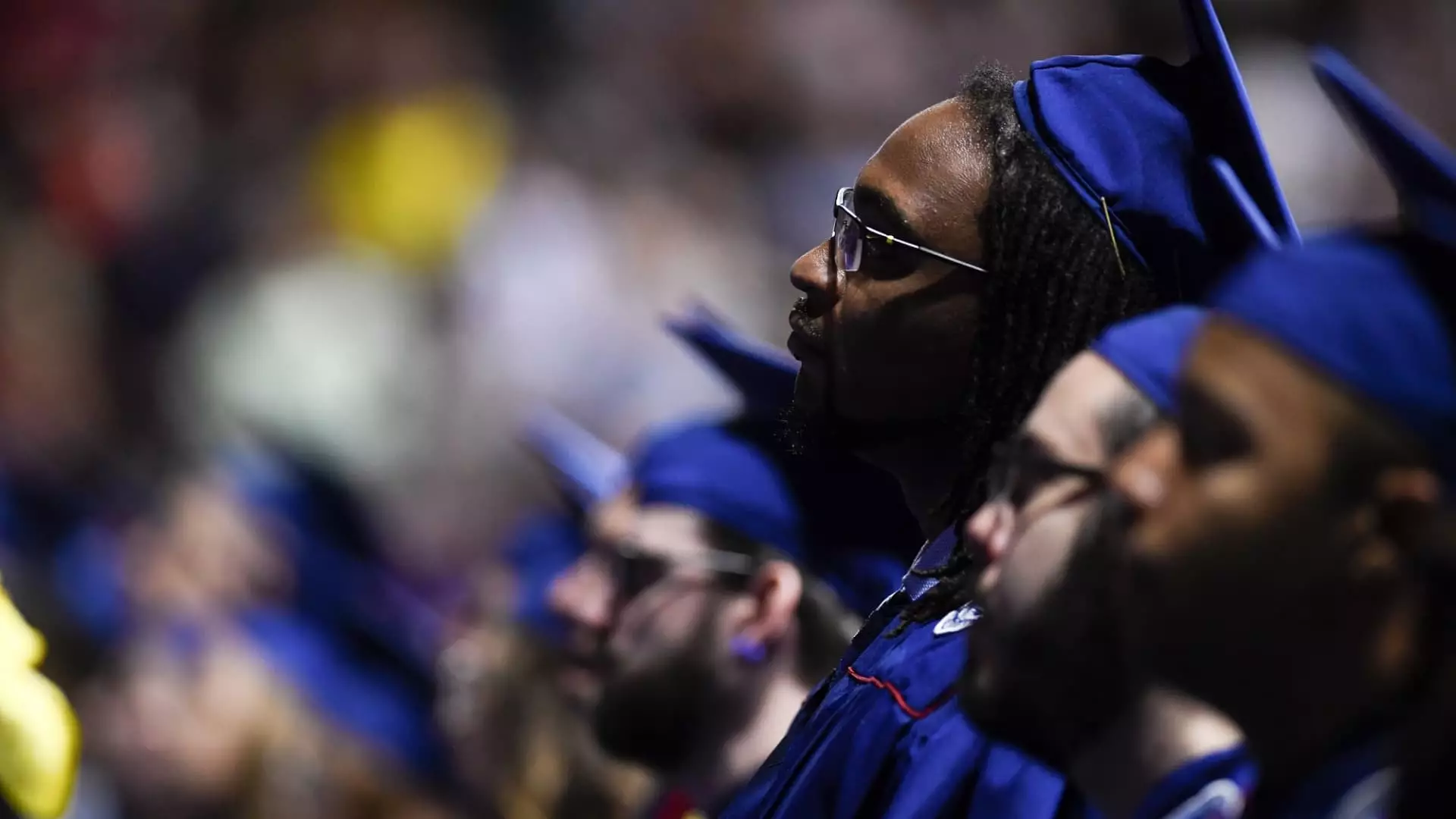In an era where economic uncertainty looms large, many young minds are seduced by the promise of prosperity that a finance degree seemingly guarantees. An alluring narrative has taken hold: study finance, secure a lucrative future, and enjoy job stability. However, beneath this glittering surface lies a complex reality that questions whether this pursuit is truly the safe haven it appears to be. As the data suggests, the confidence placed in finance as a golden career path might be more illusionary than substantive, especially when contrasted with the unpredictable nature of the modern labor market. This reliance on a narrow set of skills—centered on numbers and spreadsheets—ignores the fundamental value of versatile critical thinking cultivated by a liberal arts education, which increasingly proves to be essential in navigating a rapidly transforming world.
The widespread desire to chase financial stability reflects broader societal pressures, often fueled by parents and institutions that prioritize immediate monetary gains over genuine intellectual development. While many students view finance as a ticket out of insecurity, the emerging employment statistics paint a different picture; they highlight a labor landscape where even those with prestigious degrees face significant struggles. This dissonance reveals a troubling truth: placing disproportionate emphasis on a degree’s earning potential may overlook its broader implications for adaptability and long-term fulfillment.
The Hidden Flaws in the Financial Fantasia
Despite its high salaries and esteemed reputation, finance is not immune to economic turbulence. Recent data underscores that graduates, even in fields traditionally viewed as promising, are finding doors increasingly closed. The rising unemployment rates among college graduates in fields like computer science and economics underscore a pattern of volatility. These fields, once considered bastions of security, are being disrupted not just by market forces but by technological upheavals like artificial intelligence, which threaten to render certain skills obsolete. This fragility raises an uncomfortable question about the sustainability of relying heavily on emerging fields that often operate at the mercy of fleeting trends and technological shifts.
Conversely, seemingly less glamorous disciplines such as art history or nutritional sciences surprisingly offer more stable employment prospects, even as they attract less attention from students and their families. This paradox suggests that job security and meaningful employment cannot be solely driven by degree titles but must involve a broader understanding of adaptability, cultural literacy, and soft skills—traits cultivated through a liberal arts education. These are qualities that foster resilience in uncertain times, highlighting the limitations of a narrow focus on financial or technical skills which, although lucrative initially, may lack long-term staying power.
Reevaluating Values in Higher Education
The prevailing focus on return on investment and immediate employability risks reducing higher education to a transactional exchange—students study for the degrees that ensure a paycheck rather than for cultivating curiosity, creativity, and critical thinking. Yet, recent trends—such as BlackRock’s strategy shift to include humanities majors—serve as a stark reminder of the underestimated importance of a broad, flexible skill set in the evolving job market.
There is an alarming tendency to dismiss the value of liberal arts education as outdated or less practical. Conversely, in the face of automation and artificial intelligence, these fields are emerging as vital to building a workforce capable of original thinking and problem-solving—capacities that machines are far from replicating. The cultural and historical literacy fostered by these disciplines equips individuals with nuanced perspectives necessary for leadership in diverse contexts, which cannot simply be replaced by technical expertise.
Disregarding this broader educational purpose for the sake of immediate financial gains is shortsighted. It risks creating a workforce ill-prepared for the complexities of future challenges—economic, social, and technological. Societies that undervalue liberal arts education do so at their peril; they risk fostering a generation of workers who are technically competent but culturally and ethically impoverished, lacking the capacity for innovative thinking and moral judgment.
Balancing Practicality and Purpose
While economic realities cannot be ignored, it is crucial to recognize that the value of education extends beyond merely securing a paycheck. A well-rounded liberal arts education fosters critical thinking, emotional intelligence, and ethical reasoning—traits essential for meaningful participation in a democratic society. Moreover, in a world where AI continues to reshape industries, the human qualities cultivated by humanities and social sciences become even more critical for leadership, adaptability, and moral judgment.
Flexibility and resilience in career planning are undercut when societal narratives fixate narrowly on the economic utility of specific degrees. Instead, fostering curiosity and critical engagement across disciplines broadens horizons and offers alternative pathways to stability that are less susceptible to market fluctuations. The future belongs not to those who chase the illusion of guaranteed prosperity but to those willing to invest in a comprehensive education that values human ingenuity and creative problem-solving.
The challenge lies in shifting societal and institutional priorities away from deregulated, market-driven metrics of value and toward a recognition of education as a moral enterprise—one that cultivates the whole person and prepares individuals for uncertain, complex futures. Only then can we build a resilient society where economic security is balanced with cultural and ethical strength, ensuring that our pursuit of stability does not come at the expense of our humanity.

